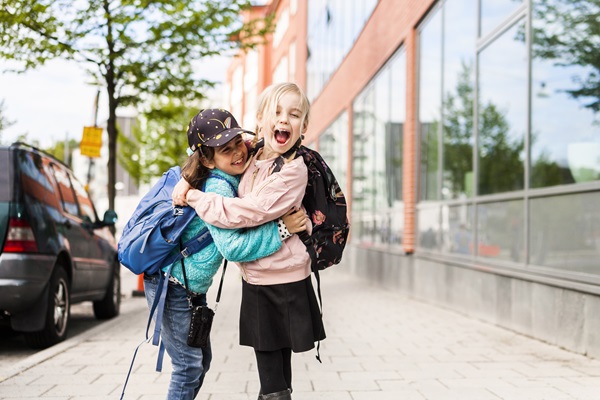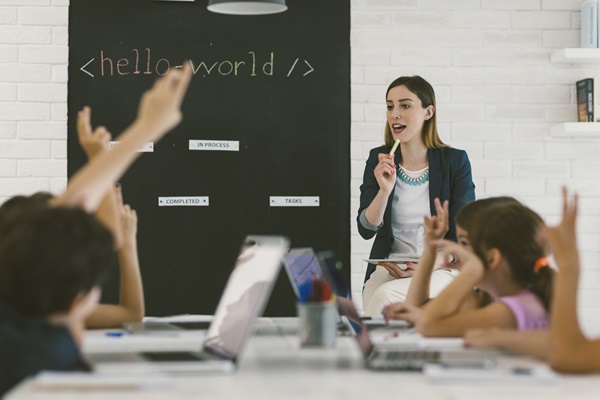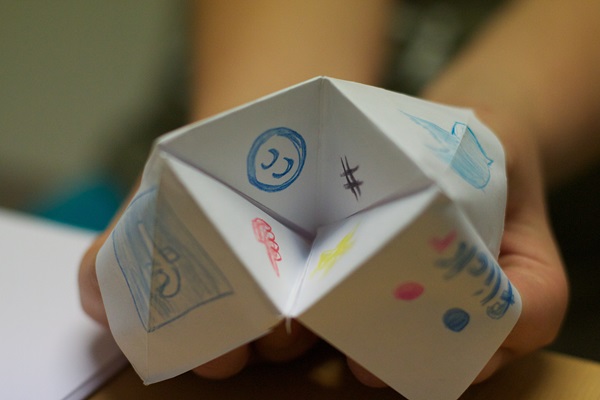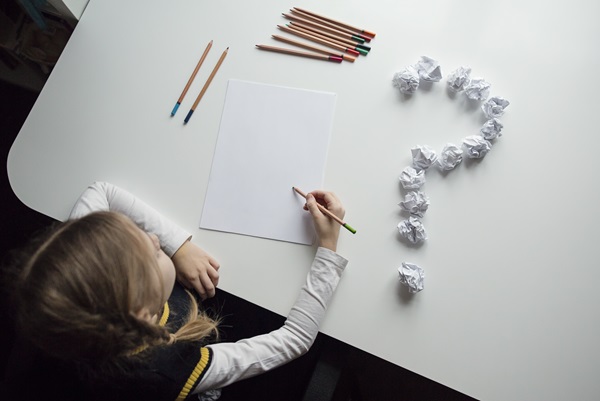Developing Environment Program
The Program aims to help children build and develop their personal cognitive, creative, and negotiation skills. It teaches them to make conscious choices, set and achieve goals, be ready for changes and challenges, manage their resources, thinking, emotions, behavior, and interaction with others, and take responsibility for their lives.
The Program's methodology is based on the notion of personality potential, developed by the Doctor of Psychology and Professor Dmitry Leontyev. Personality potential is defined by personal characteristics that empower a person to be autonomous, not to give in exclusively to internal impulses or external pressures, achieve their own goals, and remain active and efficient.
Program Model
Transformation of the educational environment at educational institutions is achieved through:
- Personal and professional development of managers (administration) and teachers through advanced training programs.
- Transformation of organizational culture by using respective technologies and by building trust-based relations between teachers, children, and parents.
- Changing content and organization of the educational process by using unique teaching techniques for children aged 5 to 18.
- Transformation of the subject-spatial environment through technologies, designed to involve children in bringing change to the school environment and ready-made spatial solutions.
A Roadmap for launching the Program at an educational institution includes the following steps:
- Building a development team, led by an administrator (20% of teaching staff, at least six people).
- Training staff under a dedicated practice-driven professional development program, using digital education technologies.
- Designing a long-term plan for implementing changes in the educational institution, involving at least 40% of teaching staff.
- Providing access to the database of more than 100 environment-developing tools where the relationship culture, teaching practices, and space organization - all contribute to the well-being, health, and personality development of children and adults.
- Conducting introductory diagnostics of the environmental state, as well as the state of teachers and children, using evidence-based education tools.
- Providing comprehensive organizational, academic, and methodological support for the educational institution and systematic diagnostics to track the effects.
- Encouraging participation in an international network of educational institutions that apply the environment-focused approach and tools for personality potential development.
Today, 24,000 teachers from 1,845 educational organizations in three countries – Russia, Kyrgyzstan, and Kazakhstan – participate in the Program.
Learn more about the Developing Environment Program.
Educational solutions
The Program features over 100 educational solutions in a wide variety of formats: e-books, apps, catalogues, board and online games, information resources and guides, articles, podcasts, online courses, and much more. Educational materials help to create such an environment in a kindergarten, school, and a family, where a child can learn to be happy and successful right here and right now, as well as in the future, can develop their personality potential, social and emotional skills, gain mental stability and optimism. These educational materials are designed for all stakeholders that participate in an educational process and create an environment for children: teachers, education managers, school psychologists, and parents.
Educational solutions can be found in the following resources (in Russian):
- School of Possibilities
The full range of the Program’s effective educational solutions can be found here: educational and methodological age-appropriate kits for social, emotional, and personality potential development (children from 5 to 18 years old), guides on environmental solutions and space design in an educational organization, "My Choice" mobile app, catalogue of fiction literature, helping develop personality potential, etc. - Hub of Methodological Materials
Administrators and management teams are offered a range of methodological materials for analysis, design, and further development of the educational environment. In particular, the "Practicing Openness" digest helps build a partnership dialogue between school and family. - Guidance for a Modern Family
The Guidance is useful for parents who want to learn how to build trust-based relationships with their children, and teach them how to set goals and face difficulties. One of the materials is the "Emotional Family" online course, which helps parents build resource-based communication with their children, interact with them on an individual level, and support them in building relationships with peers. - Hub of Research Resources
The informational and methodological resources are helpful for researchers, wishing to implement a holistic scientific approach to evaluate the personality potential of all stakeholders, participating in an educational process (children, adolescents, and adults), as well as a personality-developing environment. Open-source theoretical and diagnostic materials help school psychologists, providing them with valid and reliable psychodiagnostic tools. - Development Workshops
The “Development Workshops” Project is aimed at creating an educational environment that helps introduce the culture of choice, find spatial solutions for the implementation of selected workshops, and master new technologies and subject areas.
The Project offers flexible programs of extra-curricular activities with an annual cycle of events for school and supplementary education, psychological and pedagogical classes, focused on introducing the idea of mastery to children and adolescents. In addition to extra-curricular activities, the Project includes a professional development program for teachers and a support program for pedagogical classes.
Additionally, a whole range of training programs was developed to successfully and efficiently use educational solutions.
Methodology and Longitudinal Research
The Program is based on a comprehensive scientific approach with a focus on practical applicability. Since 2018, longitudinal research has been conducted in accordance with the developed target model.
The goal of the Program is to provide success and psychological well-being for a child right here and right now — the basis for the development of a mature personality who can find fulfillment in the modern world.
In line with the goal, the Program offers a solution for three kinds of challenges:
- Develop relevant skills, techniques, and tactics (universal competencies, systemic reflection, coping strategies, etc.).
- Help build attitudes towards oneself, others, and the world (resilience, tolerance for uncertainty, agency, etc.).
- Create conditions that facilitate well-being and help meet the essential psychological needs of the educational process participants.
The Program’s target model was reviewed and recognized by the academic community. Longitudinal research is carried out concurrently with projects, regarding the transformation of the educational culture and application of the Program’s methodological design, which makes it possible to record changes that are observed in the environment, teachers, and students.

More information about the research results is available here.
Information on the longitudinal studies of the Program, procedures, and diagnostic tools is provided in the following presentation: Key findings and effects of the Program.
The Program relies on an evidence-based approach to education and seeks to make it an integral part of educational and pedagogic practices.
Professional development programs on the use of data in making management decisions are being implemented, grant support is provided for researchers - both practitioners and students of the Master’s program "Personality Potential Development in Education: Personalization and Digitalization", organized at the initiative of the Investment in the Future Charitable Foundation.
As part of the Program, IT solutions are being developed to help select diagnostic tools and plan research for scientific purposes and practical applications.
Resources for Researchers
- Research Service Constructor is a web service that allows not only researchers but also practitioners to conduct their own research in the field of personality and professional development of educational process stakeholders.
- Personality Potential Diagnostics is an informational and methodological resource that contains open-source materials on personality potential diagnostics and conditions for its development.
Read more
- Positive personality resources as buffers against psychological reactions to uncertainty | Dmitry A. Leontiev, Anastasia N. Mospan, Evgeny N. Osin;
- Education as a source for transformative agency: Theoretical and practical issues | Pavel S. Sorokin, Isak D. Frumin;
- ‘Utility’ of education and the role of transformative agency: Policy challenges and agendas | Pavel S. Sorokin, Isak D. Frumin;
- Activity Theory for the De-Structuralized Modernity | Irina A. Mironenko, Pavel S. Sorokin;
- ′Fateful′ vs ′Everyday′ choices: qualitative differences in choice situations and the dimensions of choicework | Anna K. Fam, Dmitry A. Leontiev, Evgeny N. Osin;
- Happiness, Life Satisfaction and Depression in College Students: Relations with Student Behaviors and Attitudes | Irina Khramtsova, David A. Saarnio, Tamara Gordeeva, Katharine Williams;
- Optimistic Attributional Style as a Predictor of Well-Being and Performance in Different Academic Settings | Tamara O. Gordeeva, Evgeny N. Osin;
- How you choose is as important as what you choose: Subjective quality of choice predicts well-being and academic performance | Dmitry A. Leontiev, Evgeny N. Osin, Anna K. Fam, Elena Y. Ovchinnikova;
- Linking academic performance to optimistic attributional style: attributions following positive events matter most | Tamara Gordeeva, Kennon Sheldon, Oleg Sychev.
Contacts
Ekaterina Haustova
Head of the International Program
khaustova@vbudushee.ru
Evgeny Matvienko
Head of the "Analytics and University Outreach" Department
matvienko@vbudushee.ru
Anastasia Nogai
International Project Manager
nogay@vbudushee.ru
*Some links open the Russian version of the website.


















